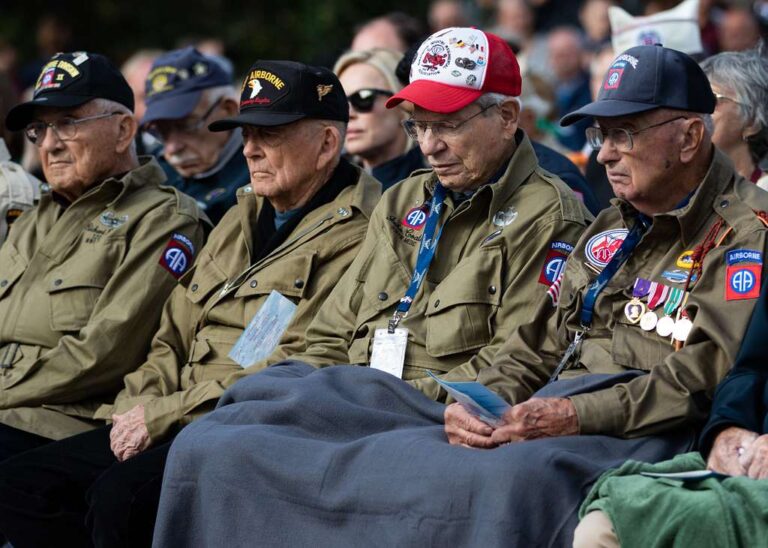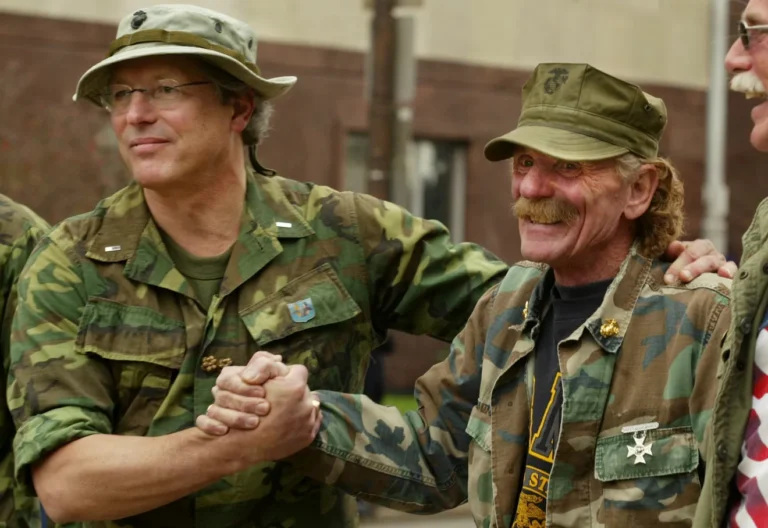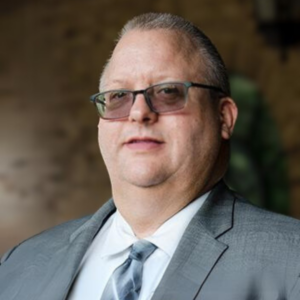As active military operations fade into the background of America’s collective consciousness, so does the focus on veteran studies research. What happens if it stops?

This article by Dr. Chris Andrew Cate, Military Connected’s DARCOE Director was originally published in The Tennessean, and was later published as an opinion column in USA Today.
From advancements in prosthetics to support for transition back home, research into veterans’ needs has done more than advance science and policy, it has helped shape America’s future.
But that future is in doubt as we stare down a new dark age in the veteran community.
As active military operations fade into the background of America’s collective consciousness, so does the focus on veteran studies research. This is cutting-edge research that helps create, update and improve public policies, programs and services that support our nation’s veterans and loved ones, with applications to all Americans.
What happens if this stops?

U.S. risks falling behind on veterans Research
Each year approximately 200,000 service members transition from military to civilian life. Our knowledge about them atrophies after they transition because there has been no substantive investment in building needed infrastructure for broader and diverse veteran studies research.
Tragically, we as a nation know very little about veterans once they have returned to their civilian lives, apart from research on physical rehabilitation and mental health for wounded veterans.
Hyper-focus on these specific veteran subgroups excludes research on most service members who transition. This results in gaps in our understanding of the struggles and successes they encounter during and after their transition to civilian life – research that can inform policymakers, stakeholders, employers and supporters.
Absent new research on these subgroups, combined with a decrease in military operations and political support, make advancing research on veterans nearly impossible to achieve in the future.
That doesn’t have to be the case.
Why veteran studies research matters.
We live in an age where data is a resource that researchers and data scientists use to generate information and knowledge. Research provides both insight into the current state of and foresight into potential issues developing in the field.
This applies to our nation’s heroes as well.
I believe veteran studies research is essential for updating organizations, government agencies and employers’ knowledge of veterans. It fuels the creation, revision and evaluation of veteran policies, programs and services.
We need more of this, now.

Without continual and longitudinal research, veteran programs will stagnate, policy solutions will become outdated, employer initiatives will become less effective and services will struggle to connect with the community. This loss will cripple organizations, government agencies and businesses’ efforts to better serve veterans and their families.
Student Veterans of America conference highlights issues affecting vets
Meetings like Student Veterans of America’s (SVA) annual national conference, which took place in Nashville last week, is an opportunity to discuss the infrastructure needed for veteran studies research and more.
Researchers like me presented our findings to diverse audiences, received feedback on various lines of research, learned from other presenters and networked.
These events, their supporters and our community should recommit to funding veteran studies research as an investment in our future. I’m confident the results of such will have far-reaching implications to all Americans.
Conferences like SVA’s, and host cities like Nashville, help our community to connect, share knowledge, develop collaborations, and train and mentor future generations of researcher
As military operations by our brave women and men in uniform wind down, their needs will not. Absent new veteran research initiatives, we may never know how to best help them, making us vulnerable to failing future generations of veterans and their families.

Dr. Chris Andrew Cate serves as MilitaryConnected.org’s Director of the Data and Research Center of Excellence (DARCOE) where he is responsible for overseeing all aspects of DARCOE’s operations, research initiatives, data analysis, and collaboration with stakeholders.
Throughout his academic and professional career, Dr. Cate has over 15 years of experience in veteran studies research through the University of California at Santa Barbara, Student Veterans of America, The Million Records Project, National Veteran Education Success Tracker, and now at MilitaryConnected.org.
Dr. Cate’s research has been used at the federal, state, and local levels to bring about change that benefits the student veteran and wider veteran communities.
Business leaders and prospective partners who wish to learn more about supporting the military-connected community may contact MilitaryConnected.org at info@militaryconnected.org.
About MilitaryConnected.org:
MilitaryConnected.org is committed to improving the lives of America’s military-connected community through employer education, talent engagement, and data-driven research. It seeks to ensure every member of America’s military-connected community has equal access to the resources necessary to unlock their full potential. Be more than military-friendly, become military-ready at militaryconnected.org.
